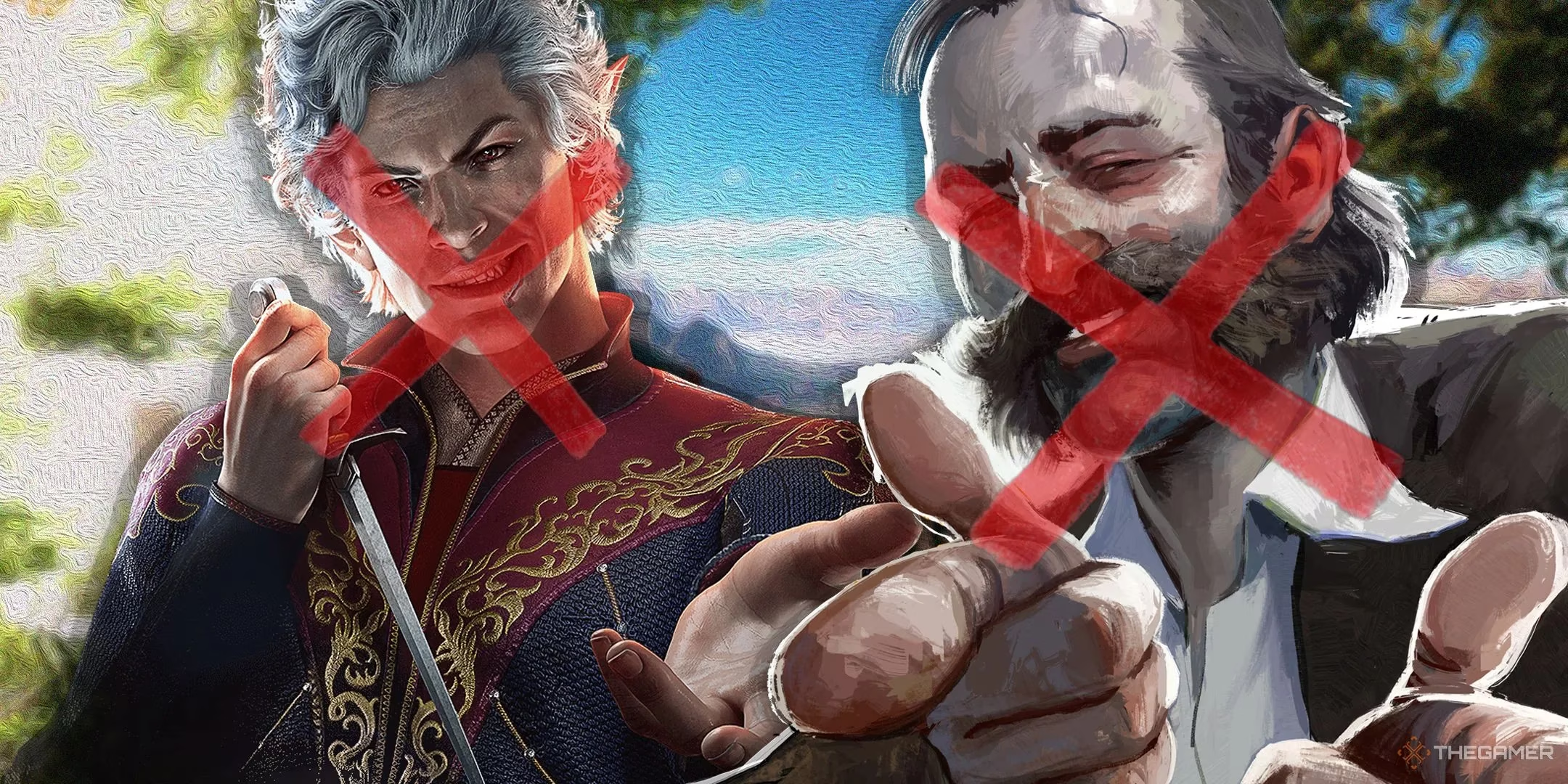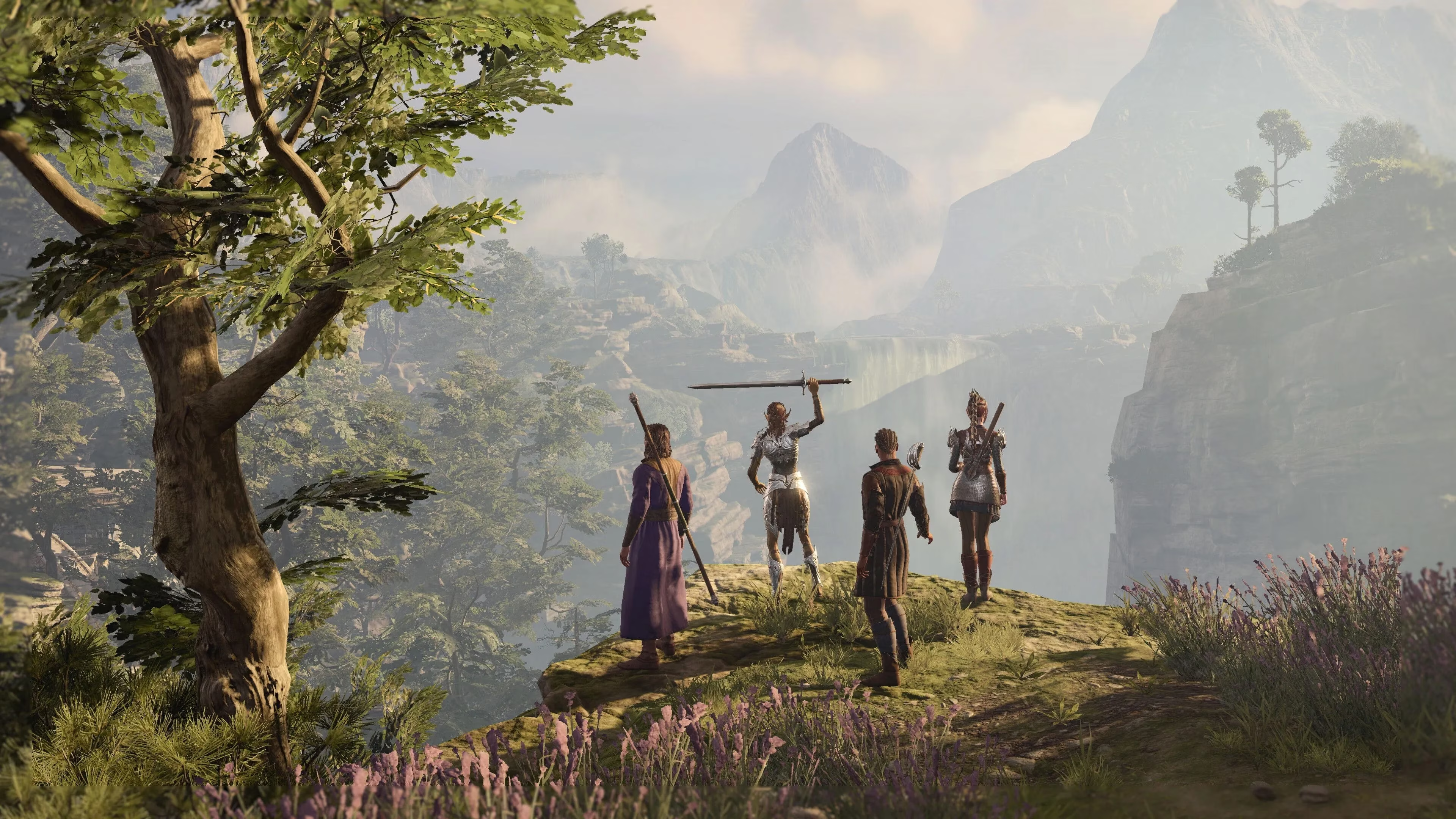The role-playing game genre stands as a cornerstone of interactive storytelling, tracing its lineage from tabletop classics like Dungeons & Dragons to revolutionary video games such as Rogue and Ultima. By 2025, two titans dominate contemporary RPG discourse: Baldur's Gate 3 and Disco Elysium. Both masterpieces have redefined narrative depth and player agency, earning universal acclaim and countless awards. Yet beneath their brilliance lies a shared irony—neither will ever receive a true sequel. This reality stems from divergent paths: one studio's intentional departure and another's turbulent collapse. As players cherish these titles, the industry grapples with an unsettling truth—that perfection often resists replication.

Larian Studios' decision to step away from Baldur's Gate 4 marks a deliberate and strategic exit. After crafting one of gaming's most colossal RPGs, the developer openly declared it would abandon the franchise to pursue new intellectual properties and escape the constraints of Dungeons & Dragons' combat mechanics. Industry whispers suggest Larian's next project could be Divinity: Original Sin 3 or an entirely fresh universe. This move echoes wisdom—Bethesda’s struggles to match Skyrim with Fallout 4 and Starfield prove how sequels to genre-defining giants often falter. People Also Ask: Why isn't Larian making Baldur's Gate 4? The answer reveals a creative safeguard: by handing the reins to another studio, Larian avoids suffocating expectations while freeing itself to innovate without boundaries. Fans might mourn the loss, but history shows fresh perspectives birth revolutions.
-
🛡️ Freedom Over Formula: Escaping D&D's rigid rules allows dynamic combat redesigns
-
💡 Innovation Without Pressure: New IPs enable risk-taking absent from legacy franchises
-
📈 Studio Legacy Protection: Avoiding a 'decline arc' preserves Larian’s sterling reputation

Disco Elysium's fate contrasts sharply—a tragedy born from internal chaos. ZA/UM, the studio behind the groundbreaking detective RPG, imploded in a maelstrom of legal disputes and ousted creatives. Key developers from the original team and its Final Cut edition were forced out, vaporizing plans for a sequel. By 2024, three new studios emerged from the wreckage, each announcing 'spiritual successors' to the cult classic. Yet these projects—however promising—remain ghosts of what might have been. Evidence of canceled sequels still surfaces in 2025, reopening wounds for devotees who cherished its hallucinatory storytelling. People Also Ask: What happened to the Disco Elysium sequel? The truth is messy: corporate clashes shattered a visionary team, leaving unfinished symphonies. Where Larian’s exit felt like a graceful curtain call, ZA/UM’s collapse echoes a discordant scream.
Ironically, these RPG giants share immortality through incompleteness. Baldur’s Gate 3’s freedom-driven farewell and Disco Elysium’s fractured legacy both whisper that masterpieces thrive beyond sequels. Spiritual successors may bloom, but true follow-ups? Impossible. For players worldwide, this reality stings yet liberates—great art demands evolution, not repetition.
🔮 What defines a perfect RPG: the story left told, or the one forever imagined?
